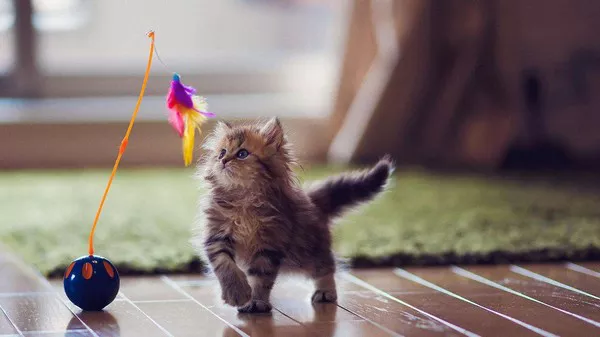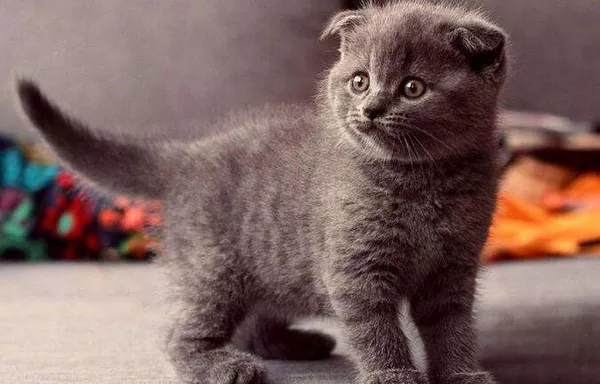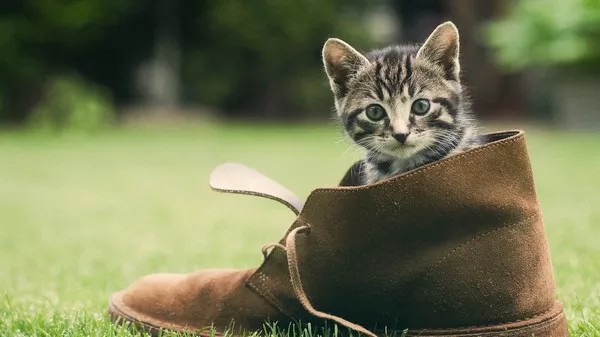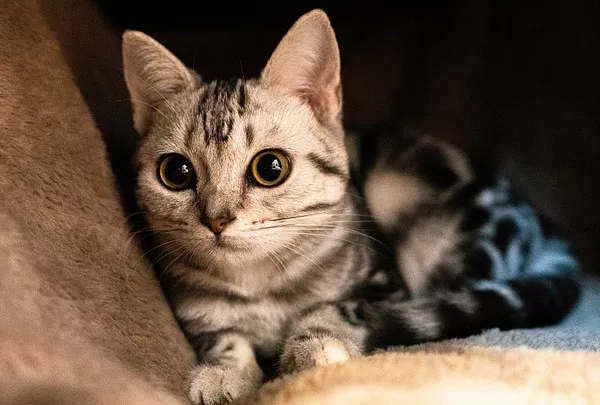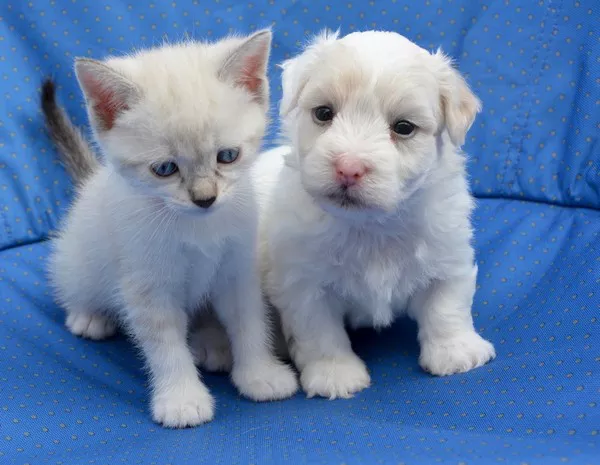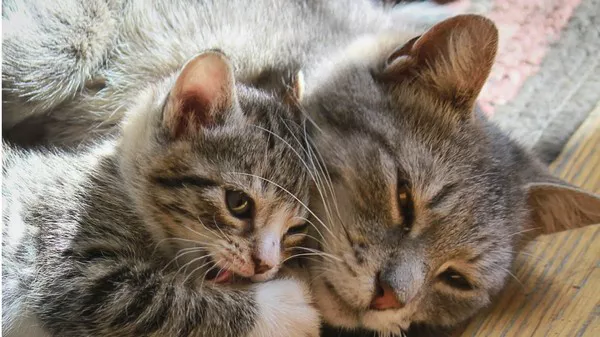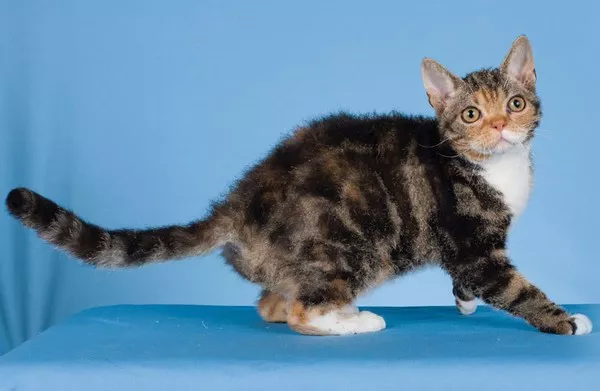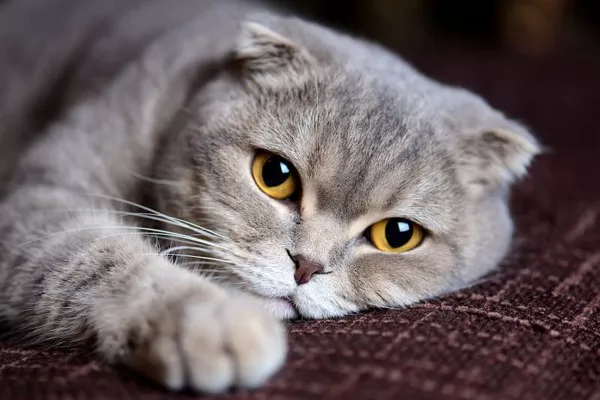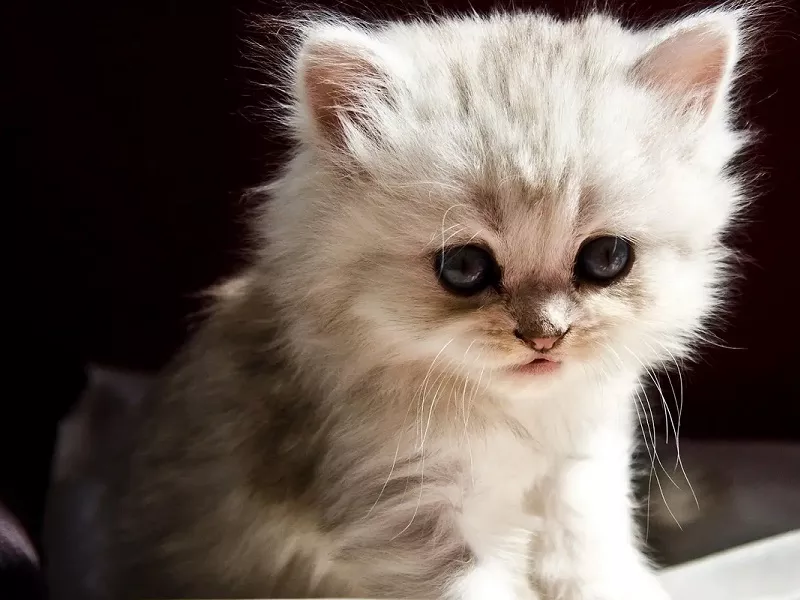The Abyssinian cat, known for its striking appearance and affectionate personality, is a popular and beloved breed among cat enthusiasts. As responsible pet owners, one of the critical considerations for providing a happy and healthy life for our feline friends is determining the most suitable living environment. One common question that arises is whether Abyssinian cats are indoor cats or if they can thrive in an outdoor setting. In this article, we will delve into the nature of Abyssinian cats, their unique traits, and the pros and cons of keeping them as indoor or outdoor pets.
Understanding the Abyssinian Cat:
The Abyssinian cat, often referred to as “Abyssinian” or “Aby,” is one of the oldest and most regal cat breeds, believed to have originated in ancient Egypt. Abyssinians are characterized by their short, ticked coats that create a beautiful “wild” appearance, along with their expressive almond-shaped eyes and large ears. They are medium-sized cats with muscular bodies, displaying an agile and athletic build. Beyond their striking physical features, Abyssinians are known for their intelligent, curious, and playful nature, making them wonderful companions for individuals and families alike.
Indoor vs. Outdoor Living for Abyssinian Cats:
Whether Abyssinian cats should be kept indoors or allowed outdoor access has been a subject of debate among cat owners and experts. While both options have their advantages and disadvantages, there are specific considerations to keep in mind for the well-being of your Abyssinian feline friend.
Indoor Living for Abyssinian Cats:
Pros:
Safety: Keeping Abyssinians indoors reduces the risk of exposure to various outdoor dangers, such as traffic accidents, predators, and infectious diseases.
Longer Lifespan: Indoor cats typically live longer due to the reduced risks associated with outdoor hazards.
Health Management: Indoor living allows for better control of your Abyssinian’s diet, exercise, and medical care, promoting overall health.
Environmental Impact: Keeping cats indoors helps protect local wildlife and maintains a healthier ecological balance.
Cons:
Boredom and Enrichment: Without access to the outdoors, Abyssinians may require more mental and physical stimulation to prevent boredom.
Exercise: Indoor cats may need dedicated playtime and interactive toys to ensure they get enough exercise.
Outdoor Living for Abyssinian Cats:
Pros:
Natural Instincts: Abyssinians are natural explorers, and outdoor access allows them to satisfy their curious nature and hunting instincts.
Physical Activity: Outdoor cats often get more exercise, which can contribute to their overall fitness and well-being.
Mental Stimulation: Outdoor environments provide a wealth of sensory experiences that can enrich an Abyssinian’s life.
Cons:
Safety Concerns: Outdoor cats are exposed to various dangers, including traffic accidents, attacks by predators, and the risk of infectious diseases.
Parasites: Outdoor cats are more susceptible to fleas, ticks, and other parasites.
Wildlife Impact: Cats allowed outdoors may contribute to the decline of local wildlife populations through hunting.
Finding a Middle Ground:
The decision between indoor and outdoor living for your Abyssinian cat is a personal one and should be based on your specific circumstances, the individual needs of your cat, and your living environment. A middle-ground approach can be beneficial for many cat owners and their Abyssinian companions.
Enclosed Outdoor Spaces: Creating a secure outdoor enclosure, such as a catio, provides your Abyssinian with the opportunity to experience the outdoors safely.
Supervised Outdoor Time: Allowing supervised outdoor playtime in a secure, enclosed area or on a leash can provide your cat with mental and physical stimulation without exposing them to unnecessary risks.
Enrichment and Play: Regardless of whether your Abyssinian is indoor-only or has outdoor access, providing ample enrichment through toys, puzzles, and interactive play can keep them mentally engaged and happy.
Conclusion:
Abyssinian cats are intelligent, active, and curious feline companions that can thrive in various living environments. While the decision to keep them indoors or grant them outdoor access depends on several factors, including safety considerations and individual preferences, it is essential to prioritize their well-being. Indoor living offers greater safety and control over health factors, while outdoor access can satisfy an Abyssinian’s natural instincts and provide enriching experiences. Regardless of the living environment chosen, regular veterinary care, a balanced diet, and ample mental and physical stimulation are key to ensuring a long, happy, and healthy life for your beloved Abyssinian companion.
Recommended reading:


